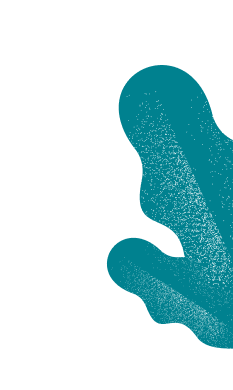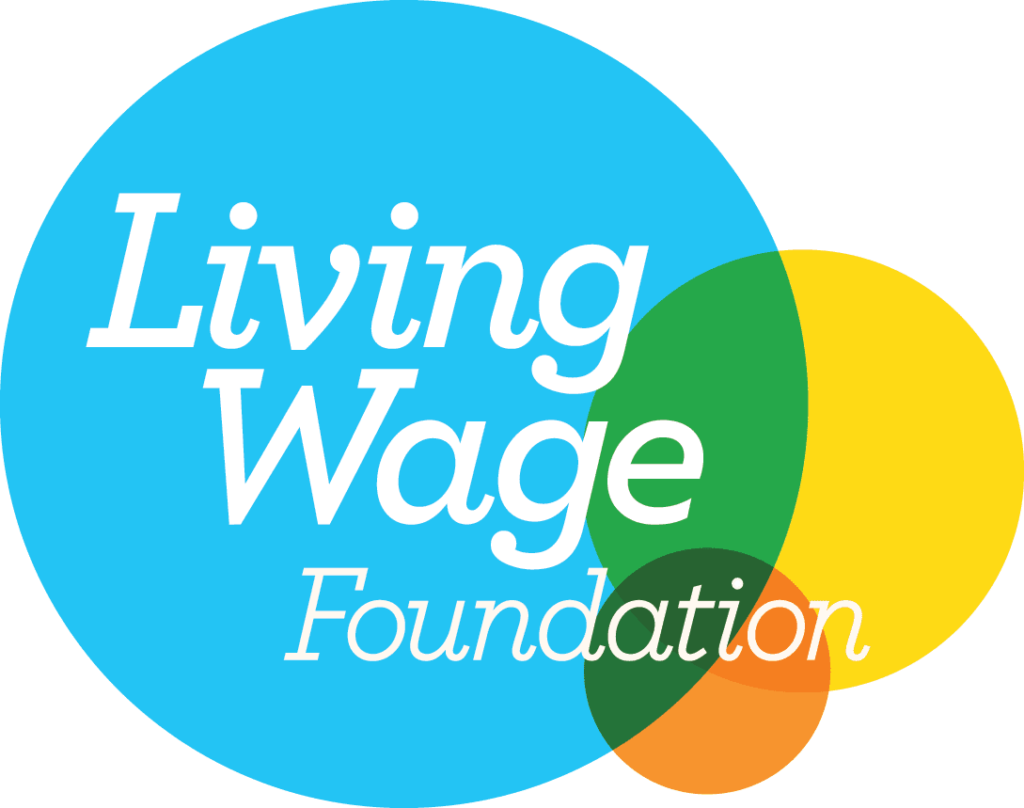From leaving the EU (will we, won’t we?), to the Covid-19 pandemic and resulting recession, 2020 has been a year like no other.
Many of our lives as we know them have changed forever. Some of this change is for the better. A greater sense of work-life balance, a renewed appreciation of spending time with family and a cleaning up of the environment we live within.
Stressors of lockdown
But the stressors are also well documented. More people are socially isolated than ever before, with working-age adults living alone, those in poor health, and people in rented accommodation being the most significantly impacted. In general we’re drinking more too, with 28% admitting to consuming more alcohol than prior to lockdown. And in August, The Guardian reported that 2m will needlessly lose their jobs due to the closing of the furlough scheme. That’s before considering the human cost of being unwell or losing a friend or family member to the illness.
At the same time, jobs have become more stressful for many workers. Whether it’s agencies trying to hold on to clients, or parents juggling conference calls with schooling children, the pressure cooker has just turned up a notch. More, faster, better, is needed at a time when resources are already depleted.
Mental health has fortunately become a much better understood issue over recent years, with the majority of workplaces having support in place for team members. But what might have previously been resolved over a cup of tea or a walk to the park for a chat, is now limited to Zoom conversations, peppered with Teams notifications and “sorry, I was on mute”.
While we’re communicating more than ever, our ability to communicate effectively has been reduced. With heightened pressure and altered support networks, understanding how to manage mental health remotely will be key.
Reflecting our work patterns
Earlier this year, we signed up to participate in a longitudinal study by the Centre for Mental Health and London Southbank University. This three-year long research project is studying the efficacy of the Mental Health First Aider England qualification. It’s allowing us to train our team members, while contributing to a nationwide initiative.
By the end of the year, we’ll have six team members trained up as mental health first aiders. To reflect the changing working patterns of our team we’re ensuring that at least two of those people are remote workers. Like most companies we’re finding our feet when it comes to getting remote working right and ensuring wellbeing within the team is a learning process. Having individuals who know how it feels to operate away from the office will bring fresh insight and put us in the best possible position to support our team members in the future.
Mental Health Awareness Day, falling this year on Saturday 10th October, is a timely reminder of not just the importance of this element of our overall health, but also the impact changing circumstances are having. The increasing digitisation of our lives provides great opportunity but at the same time new challenges. Working closely together, keeping lines of communication open and giving everyone the opportunity to share how they’re feeling is key, as is having the training and support in place to help when needed.










